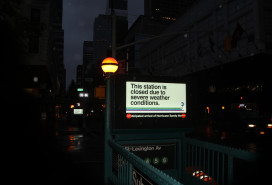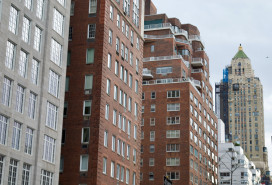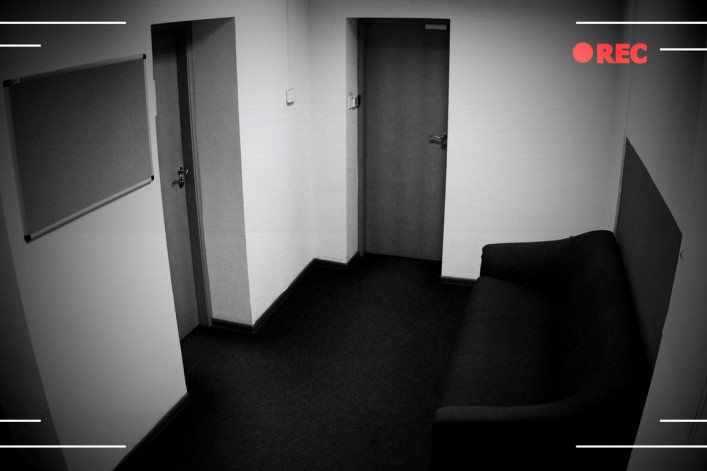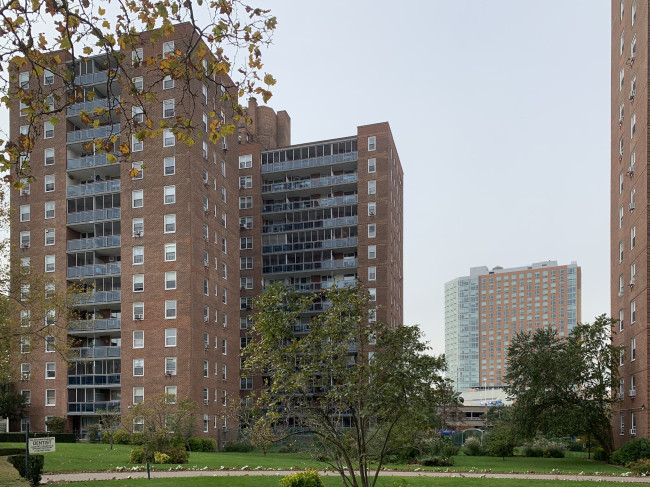A neighbor gives me the creeps. Can I install a security camera in the hallway for safety?
A neighbor in my rental building gives me the creeps. I've caught him staring at me and recently he seemed to follow me to my door to find out which unit I'm in. The super told me he harassed another female tenant in the past, but she declined to press charges. He lives with his mother and management claims they can't kick them out. Can I ask to have a security camera installed outside my apartment or in the hallway for my safety?
You can make the request, but you need permission before you install anything, our experts say.
With the technology available today, it may be relatively simple to purchase a discreet security camera. Even so, the best policy is to speak with your building management first and let them know about your concerns. Legally speaking, you need your landlord's permission to install any equipment in the common areas of your building, which includes the hallway and area outside your apartment.
"If you obtain the necessary permission, you could install a camera in the common area, but the camera would have to be installed in a manner that would not allow it to film the inside of any of the apartments, which would be an impermissible violation of privacy," says Jeffrey Reich, a partner in the law firm of Schwartz Sladkus Reich Greenberg Atlas.
(Lots of New Yorkers disregard the law, however, installing cameras inside rentals and Airbnbs for their own sick use. “Hidden cameras are an epidemic in NYC, and people don’t even realize how bad it is,” says Jimmie Mesis, owner of USA Bug Sweeps, which specializes in finding hidden cameras in NYC apartments, previously told Brick. He shared ideas on how to spot a hidden spy cam.)
If your landlord won't give you the okay on camera installation in the hallway, there are other options. Your neighbor's behavior may rise to the level of being considered a nuisance, a legal term that covers a range of problematic actions, including hoarding, vandalism, and harassing building employees and residents.
Note that a one-time incident is not sufficient for a nuisance case, the behavior must be ongoing. It may be worthwhile to speak to other neighbors and to your super to see if they share your concerns, and to document the problem tenant's behavior so you can let management know about it in detail.
Landlords are obligated to give tenants an opportunity to "cure" behavior deemed a nuisance, so the next step would be for your building's management to send your neighbor a notice that if he doesn't stop the harassment, they will move to evict him. Note that this applies to both market-rate and rent-stabilized tenants.
Under New York State law, harassment is defined as any conduct intended to annoy, threaten, intimidate, or alarm another person, so you may also want to start a paper trail with the police. The NYPD's website notes that if you are unsure whether you have been the victim of a crime from a legal standpoint, you should visit your local precinct and speak to an officer about the situation.
Trouble at home? Get your NYC apartment-dweller questions answered by an expert. Send your questions to experts@brickunderground.com.
For more Ask an Expert questions and answers, click here.
You Might Also Like






























